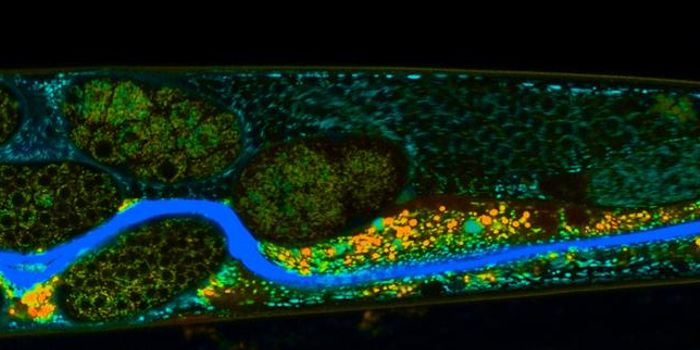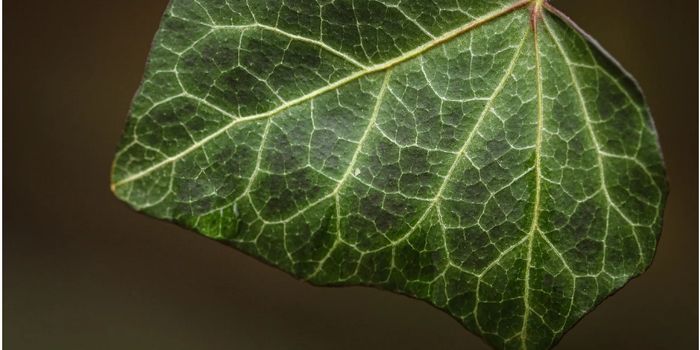Plants Thicken Their Leaves in Response to High CO2 Levels, and That's Bad
Earth’s plants and animals form a symbiotic relationship. As plants convert atmospheric carbon dioxide into oxygen, animal respiration then turns it right back into carbon dioxide in what many would describe as a perpetual cycle. But animal respiration isn’t the only process that generates carbon dioxide as a byproduct; so too do a variety of anthropogenic sources.
Plants help remove the excess carbon dioxide we dump into the atmosphere by way of power production, transportation, and petroleum production, among other things, but they can only do so much. As a new study published this week in the journal Global Biogeochemical Cycles points out, plants become ineffective at their job when there’s too much carbon in the air.
Image Credit: Pixabay
But why? As it turns out, the details are in the leaves. Plants exhibit thicker leaves in parts of the world where carbon dioxide levels are at their highest, and while it may seem like a harmless or healthy change at first glance, thick-leafed plants aren’t as effective at removing carbon dioxide from the air as normal-leafed plants are.
If the circumstances above seem like a horrible mix to you, then you’d be right; in fact, it’s an alarming thought. Our planet is undergoing an exceedingly volatile period in its lifecycle, and if plants can’t keep up with it, then atmospheric carbon dioxide could build up exponentially; this would amplify the environmental threats imposed by climate change.
"Plants are flexible and respond to different environmental conditions," explained senior author Abigail Swann from the University of Washington. "But until now, no one had tried to quantify how this type of response to climate change will alter the impact that plants have on our planet."
Related: Growing plants that don't require as much water
Computer models showed that if plants became less effective at removing carbon dioxide from Earth’s atmosphere, then it could leave up to 6.39 million more tons of carbon in the atmosphere each year than initially thought. Consequently, temperatures on Earth could rise 0.3 to 1.4 degrees Celsius higher than initially anticipated.
"Plant biologists have gathered large amounts of data about the leaf-thickening response to high carbon dioxide levels, including atmospheric carbon dioxide levels that we will see later this century," added study lead author Marlies Kovenock, also from the University of Washington. "We decided to incorporate the known physiological effects of leaf thickening into climate models to find out what effect, if any, this would have on a global scale."
Related: Are all the trees dying?
No one knows why plant leaves become thicker in the presence of high carbon dioxide levels, but scientists know it impacts all kinds of plants, and that leaves can thicken by up to a third. Thicker leaves obstruct natural processes within the plant, including photosynthesis, gas exchange, and sugar storage, among other things.
A valid point brought up by the study is that current climate change models fail to take plant changes into consideration. As it would seem from the findings, it’s imperative to factor these changes, as they can have a profound impact on the results.
"We now know that even seemingly small alterations in plants such as this can have a global impact on climate, but we need more data on plant responses to simulate how plants will change with high accuracy," Swann said.
Future studies could and should investigate how plants respond to particular situations so that we have a better idea of what to expect as our planet’s environment changes.
Source: University of Washington, Global Biogeochemical Cycles









